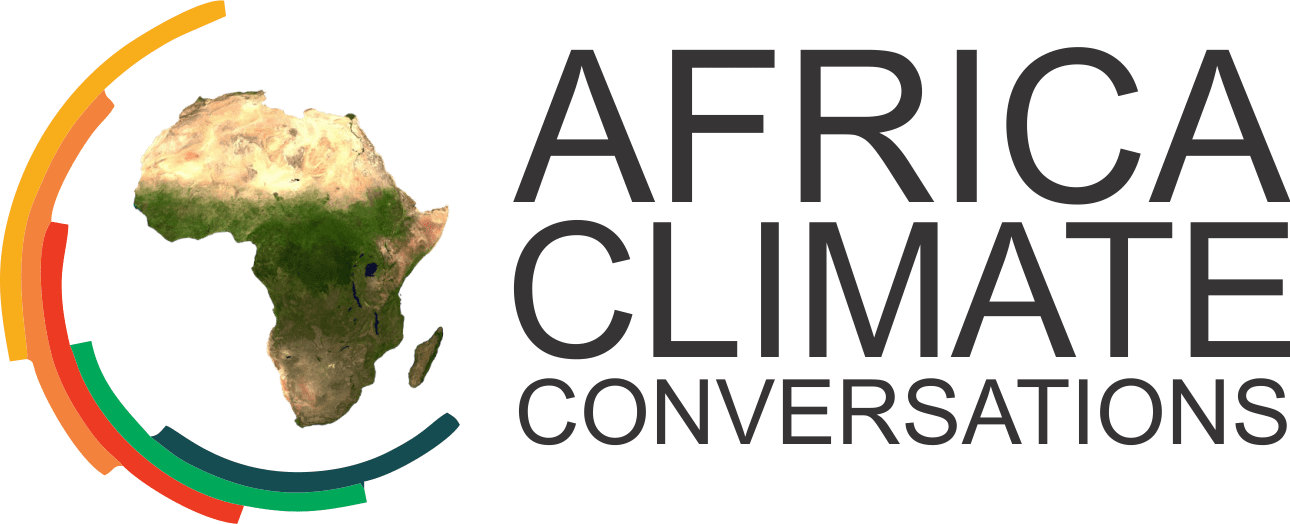
Nairobi, Kenya: Economic and non-economic loss and damage associated with the extreme event are increasing in developing countries. Extreme events such as droughts, floods, cyclones, tropical storms, and forest fires have significantly increased globally in intensity, frequency, and scope.
The devastating floods and landslides in Bangladesh caused an estimated loss of USD 176.0 million in housing, an estimated damage of USD 230.8 million in total damage in the agriculture and livestock sectors, and an estimated loss and damage of USD 55.7 million in the water, sanitation, and hygiene services sectors, according to the Ministry of Disaster Management and Relief.
The Loss and Damage Collaboration’s calculated midpoint estimates of economic loss and damage in Global South countries suggest that losses totalled 425 billion USD in 2020 and 671 billion USD in 2030. But who pays for the increasing loss and damaged?
After 30 years of negotiations, a new financial mechanism and a loss and damage fund to aid developing nations were agreed upon at the 27th UN Climate Summit last year at Sharm El-Sheikh, Egypt.
A 24-member transitional committee is expected to give recommendations on how to implement both the new financial arrangements and the fund this year in Dubai for consideration and adoption at the 28th UN Climate Summit (COP28).
Their key role, according to the United Nations Framework Convention on Climate Change (UNFCCC), is to establish institutional arrangements, modalities, structure, governance, and terms of reference for the fund, define the elements of the new funding arrangements, identify and expand sources of funding, and ensure coordination and complementarity with existing and new funding arrangements.
Also listen to why Africanism should influence co-production of knowledge ?
Loss and damage compensation, which is part of climate justice issues, goes back to the UNFCCC treaty, which acknowledges both the global north and the global south’s contributions and responsibilities to the climate catastrophe. It is founded on the UNFCCC’s premise of shared but differentiated responsibilities and respective capabilities, which emphasises the importance of addressing the global challenge of climate change in a fair and equitable manner.
What happens at COP28 in Dubai and beyond, as far as not just actualizing the loss and damage fund but making it accessible, is critical for climate justice, rebuilding trust, and ensuring that communities and nationsin developing statesare supported to rebuild better and sustainably.
